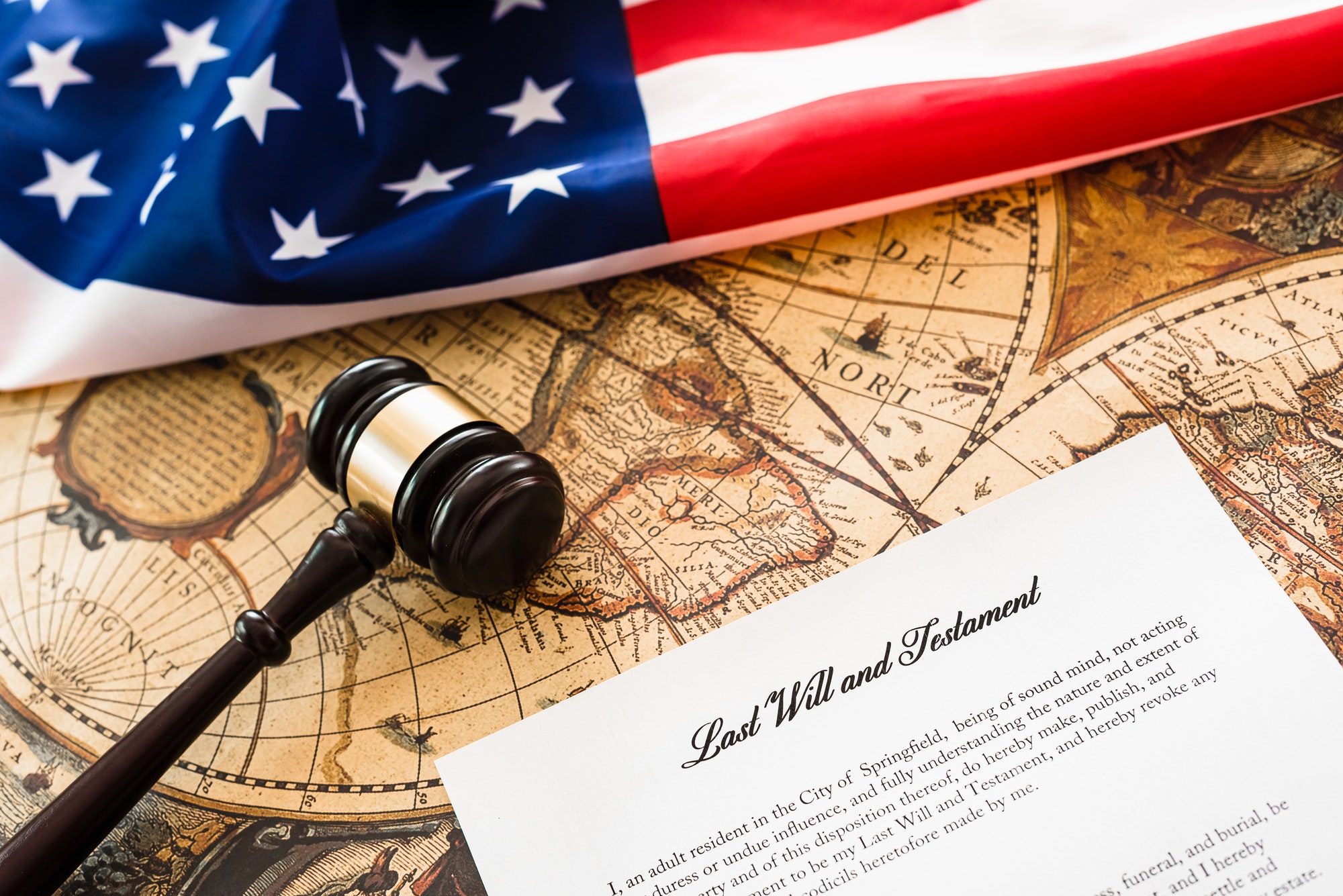Let’s dive into the complex world of Henry Kissinger, a key figure in American history, and understand his role in shaping U.S. national security and foreign policy. We’ll look at how his actions during and after the Cold War affected international relations.

The Power and Diplomacy of Henry Kissinger
How Kissinger Shaped U.S. Foreign Policy
Henry Kissinger had a unique job, holding two big roles at the same time: National Security Adviser and Secretary of State. This gave him a lot of power in deciding U.S. foreign policy. He played a major role in how America interacted with other countries, especially in its relationship with China.
The Realism in Kissinger’s Foreign Policy and Its Moral Questions
Kissinger was known for a “realist” approach in foreign policy, where he often put political goals above moral issues. We’ll look at the controversies around his methods, like the Vietnam War and his support for some not-so-nice governments, and discuss the moral challenges in making such decisions.
How Kissinger’s Policies Shaped World Politics
The Cold War and U.S. Actions Abroad
Kissinger’s time in office was during the Cold War, and this influenced many U.S. actions in other countries. We’ll explore why these actions were taken and their impact on international law and ethics, and how they affected the world’s view of American democracy.
Kissinger’s Global Political Influence
Kissinger’s decisions had a big impact on world politics. He played a key role in how superpowers like the U.S. and others acted on the world stage. We’ll critically look at his influence, especially in how he managed relationships with important countries and navigated the tricky post-Cold War politics.
Re-examining Kissinger’s Role in History
Balancing National Security and Human Rights
Kissinger’s legacy highlights the tough balance between protecting American national security and promoting human rights. We’ll discuss how his decisions influenced global politics and the compromises and consequences of his diplomatic strategies.
The Ongoing Impact of Kissinger’s Diplomacy
Finally, we’ll evaluate how Kissinger’s diplomatic choices continue to affect international relations and U.S.-China relations today. His legacy is still seen in current geopolitical issues, from how international order is maintained to dealing with rising superpowers.
This article aims to make the complex legacy of Henry Kissinger more understandable, especially for college students studying international relations and history.

FAQ Section for Henry Kissinger’s Impact on American National Security
To further enhance the understanding of Henry Kissinger’s complex legacy, here’s an FAQ section that addresses common questions related to the topic.
Q1: Who was Henry Kissinger and why is he important?
A1: Henry Kissinger was a significant figure in American politics, particularly in the 1970s. He served as both the National Security Adviser and Secretary of State under Presidents Nixon and Ford. His importance lies in his influential role in shaping U.S. foreign policy, especially during critical periods like the Cold War and U.S.-China relations.
Q2: What was Kissinger’s approach to foreign policy?
A2: Kissinger is known for his “realist” approach to foreign policy. This means he prioritized national interests and geopolitical strategy over moral or ideological considerations. His approach often involved balancing power among nations to maintain global stability.
Q3: What are some controversial aspects of Kissinger’s legacy?
A3: Kissinger’s legacy is controversial due to his support for military interventions and authoritarian regimes in the name of U.S. national interests. His policies during the Vietnam War and his involvement in Latin America and Southeast Asia have been particularly criticized for their ethical implications.
Q4: How did Kissinger influence U.S.-China relations?
A4: Kissinger played a pivotal role in opening diplomatic relations between the United States and China. His secret trip to China in 1971 laid the groundwork for President Nixon’s historic visit in 1972, significantly altering the global geopolitical landscape.
Q5: What was the impact of Kissinger’s policies on the Cold War?
A5: During the Cold War, Kissinger’s policies were aimed at reducing tensions between the superpowers. His strategy of détente, which involved easing hostilities and promoting cooperation, was a key element in the U.S. approach to the Soviet Union during this period.
Q6: How is Kissinger’s legacy viewed today?
A6: Kissinger’s legacy is mixed. Some praise his strategic brilliance and his role in shaping a more balanced global order, while others criticize him for ethical compromises and the negative consequences of his policies on human rights and international law.
Q7: Did Kissinger’s policies have long-term effects?
A7: Yes, many of Kissinger’s policies have had long-lasting effects on international relations and U.S. foreign policy. His approach to diplomacy, particularly in the Middle East and China, continues to influence the geopolitical landscape today.
Q8: What lessons can be learned from Kissinger’s tenure?
A8: Kissinger’s tenure offers lessons in the complexities of foreign policy decision-making, the balance between national security and ethical considerations, and the long-term impact of diplomatic strategies on global politics.
This FAQ section aims to provide a clearer understanding of the complex and often debated legacy of Henry Kissinger, especially for those new to the subject.
Sources The New York Times


